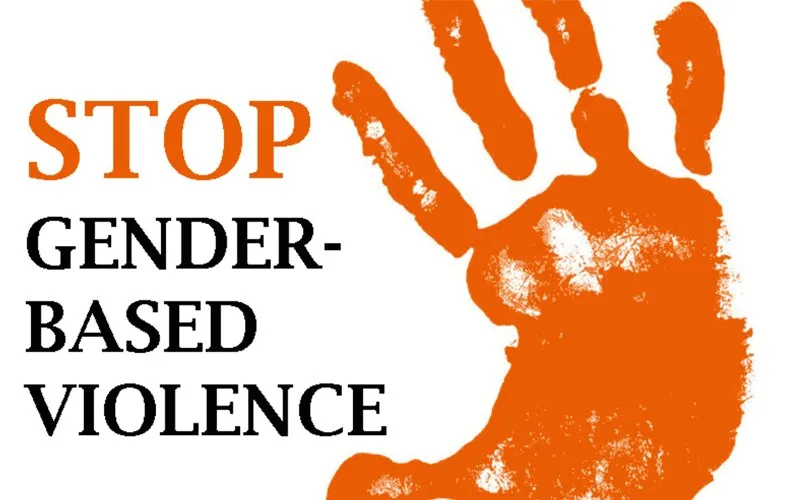In the report, the Kenyan Bishop urges couples to work towards ensuring things are right in the family so that the society can achieve success in curbing GBV.
“The family is one of the most precious values that the Church holds and promotes,” Bishop Oballa says in the KCCB report.
He adds, “If things are right in the family, society will thrive. If things begin going wrong at the family level, society is going to be affected. God intended that as the first unit of society, the family should be a place of holiness, communion and love.”
The countrywide training that was launched on October 28 will see pastoral agents comprising Priests and Religious men and women, Lay association leaders, catechists and Family Life Group leaders in the Catholic Church gain skills on how to instill virtuous living in families.
Speaking at the launch of the initiative, which is spearheaded by KCCB’s Family Life National Office, Bishop Oballa highlighted the need for family members to have compassion and love for one another and not to give room to intolerance that could spark violence.
“God’s word can heal our anger, intolerance and tendency to violence so that we can start to treat one another with love and mercy in all situations without calculation, especially with those we live with,” the Bishop said during the launch that took place at the Watakatifu Wote Senta, a retreat Center in his Diocese of Ngong.
He added, “I believe we give room to intolerance and violence when we begin calculating. When people start calculating, they give room to sow discord and bring bitterness.”
He went on to call on the pastoral agents to strive to have “model families” and be examples that others can emulate, telling them that a lot is expected from them by God and the Church.
“When you cultivate a model family, this will help you to work on your wrong relationships and allow God to heal whatever it is that has not been going well,” Bishop Oballa said and appealed, “ I call on you to reflect on whether you are the man or woman, husband or wife, father or mother, that you should be. God has expectations of you and the Church too has expectations of you.”
The 62-year-old Bishop who chairs KCCB’s Catholic Justice and Peace Commission (CJPC) urged the pastoral agents in his Diocese to heed the exaltation of St. Pope John Paul II that calls on Christian families to share in the life and mission of the Church.








